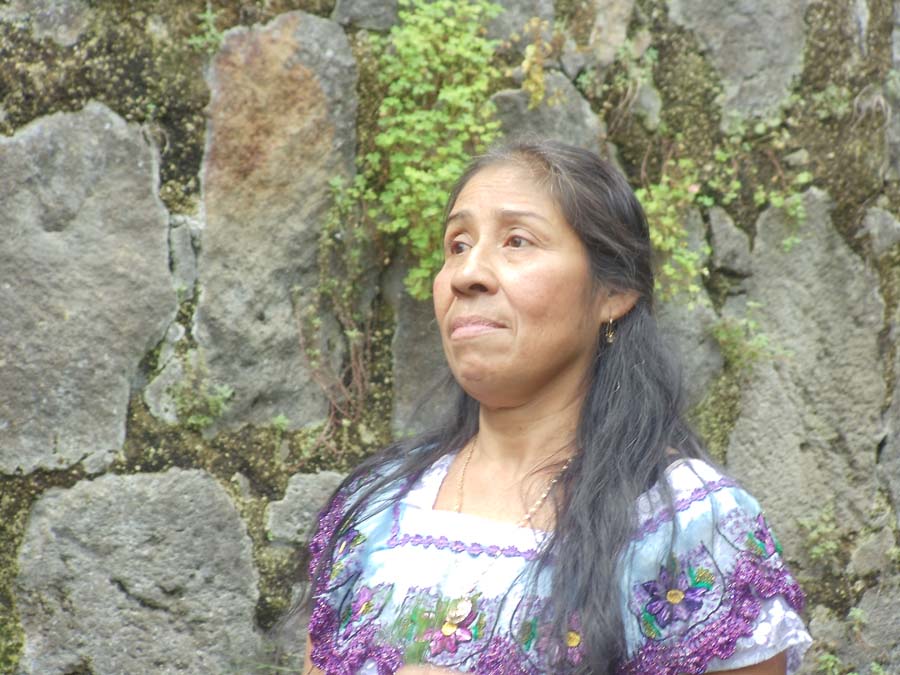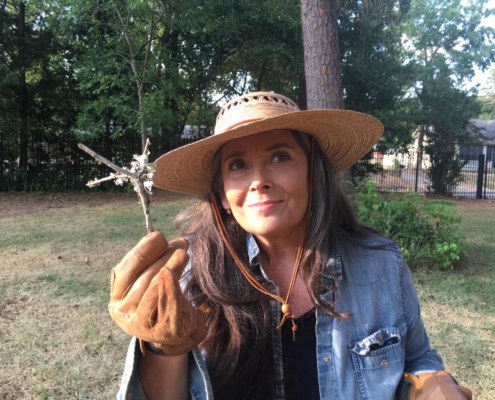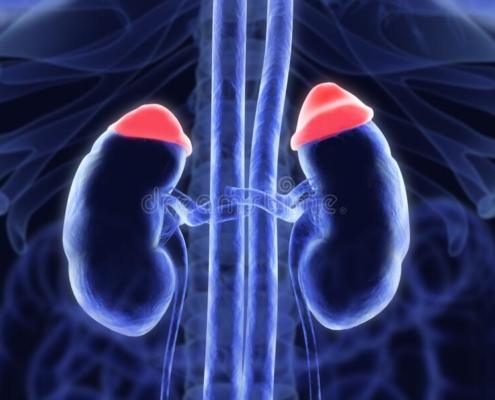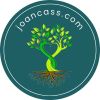Guatemala Herbal Medicine Sources Joan Cass provides access to Guatemala’s traditional Mayan Healer for herbal medicine. Even today, many Guatemalans rely on herbal remedies for a variety of ailments. Here are some sources of herbal medicine in Guatemala:

Guatemala Herbal Medicine Sources
- Traditional healers: These are often called “curanderos” or “hierbateros” and have passed down their knowledge of herbal remedies through generations. They can be found in markets, villages, and rural areas. It is important to be cautious when consulting a traditional healer, as their practices may not be based on scientific evidence.
- Herb markets: These markets sell a wide variety of herbs, spices, and other natural products. Some of the most popular herbs in Guatemala include chamomile, calendula, epazote, jengibre (ginger), hierbabuena (mint), manzanilla (chamomile), and romero (rosemary).
- Natural health stores: These stores sell a variety of herbal products, including teas, tinctures, capsules, and salves. They often have staff who can provide information about the different herbs and their uses.
- Joan Cass: Has a direct relationship with traditional Mayan Healers and offers a variety of herbal medicines from the Mayan Healers.
While the effectiveness of herbal medicines for treating specific medical conditions isn’t always supported by strong scientific evidence, some potential benefits exist. It’s important to remember that these benefits often haven’t been conclusively proven and shouldn’t be considered replacements for conventional medical treatments. Always consult a healthcare professional before using any herbal remedy.
Here are some potential benefits of herbal medicines:
Symptom relief:
Certain herbs may offer symptomatic relief for specific conditions. For example, ginger is sometimes used for nausea, turmeric for inflammation, and chamomile for anxiety. However, it’s crucial to understand that these effects may vary depending on the individual and the severity of the condition.
Supporting general well-being:
Some herbs may contribute to overall well-being and health. For instance, peppermint might aid digestion, echinacea may support the immune system, and hawthorn could contribute to cardiovascular health. However, it’s important to note that these effects are often subtle and haven’t been definitively proven, so they shouldn’t replace a healthy diet and lifestyle.
Complementary therapy:
In some cases, herbal medicines might be used alongside conventional medical treatments under the guidance of a healthcare professional. However, it’s crucial to ensure no interactions occur between the herbal remedy and prescribed medications.
Mind-body benefits:
Certain herbs, like lavender or St. John’s wort, are sometimes used for their potential effects on mood and relaxation. However, the evidence for these effects is often limited, and self-treating with herbs for mental health concerns can be dangerous.
Additional considerations:
- Quality and standardization: The quality and standardization of herbal products can vary greatly, impacting their potential effects and safety. Opt for reputable brands and consult a healthcare professional for reliable recommendations.
- Potential interactions: Herbal remedies can interact with medications, so always disclose any herbal use to your doctor or pharmacist.
- Side effects: Like any medication, herbs can have side effects. Be aware of potential risks and monitor yourself for any adverse reactions.
- Not a magic bullet: Herbal remedies are not cures for any disease and should not be used as such. They may offer some benefits, but a healthy lifestyle and evidence-based treatments remain crucial for overall well-being.
 Joan Cass
Joan Cass Joan Cass
Joan Cass The Restoration Roadmap
The Restoration Roadmap 

